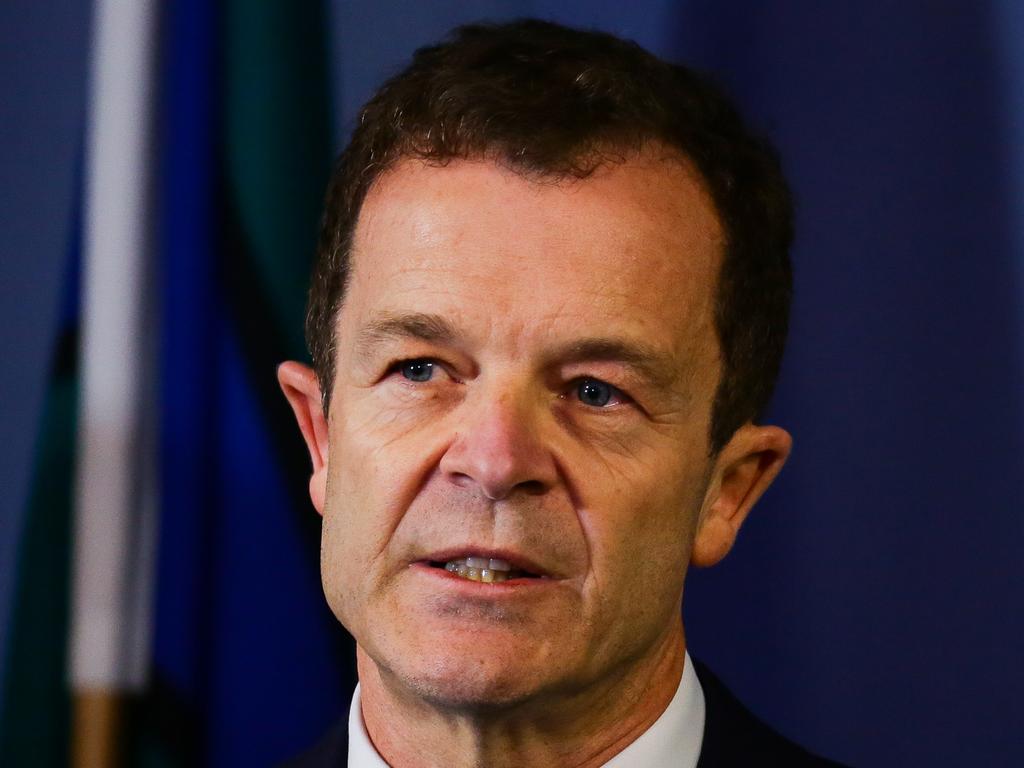
The key cultural message of Sex and the City was that women could enjoy a variety of sexual partners and experiences well into their late 30s, and that these experiences would be, for the most part, fun and positive. And if an experience wasn’t positive, it could be shaken off with a round of cocktails at the bar with the girls.
We all knew it was just a TV show, and an entertaining one at that. But it was only when I got older that I realised just how much real life differed. Between luxury shopping, long lunches and endless dating, Sex and the City represented an indulgent female fantasy, much like James Bond had represented a male fantasy for generations prior.
Sex is a difficult and complex topic, so it’s no surprise that our culture cannot grapple with it honestly. It didn’t when I was a teenager and it still doesn’t.
At the moment I see three false narratives being told about sex. They are being told in our media, by public figures, activists and politicians. Certain truths, because they are challenging and difficult to articulate, are being left unsaid.
The first falsity underpins what is known colloquially as “hook-up culture”. Turbo-charged by dating apps such as Tinder, hook-up culture relies on the assumption that women, as a sex, are capable of experiencing casual sex the same way that men do.
The truth is that, for better or worse, women do not experience sex, especially casual sex, like men. Of course, there are outliers and exceptions to the rule.

But for many women – perhaps most women – sex outside committed relationships will be an anxiety-inducing and at times distressing experience. The reasons for this are debated. Sociologists argue that men and women experience sex differently because of cultural conditioning.
Evolutionary psychologists assert that our sexual psychologies have evolved over millions of years in order to solve very particular adaptive problems.
For women, the risks of pregnancy have been a heavy burden to bear for the entirety of human history. The fact that reliable contraception has been available for a couple of generations doesn’t mean that our psychology has yet caught up.
The second falsity is connected to the first, and it is the broad notion that when it comes to sexual encounters, consent is all that matters. As a society we need to accept that sexual experiences can be distressing even when they are consensual. Any woman who has had sex with a man expecting a romantic relationship to unfold, only to be treated icily in its aftermath, can tell you what a painful experience this can be. Such behaviour on behalf of men is not illegal (and I am not suggesting it should be) but it isn’t necessarily ethical, either. For some reason, however, we talk about consent as if it can make all these bad experiences go away.
It is for this reason that I am sceptical about NSW’s new affirmative consent laws. Although a win for activists, I doubt they will do much to stop seedy men from “using” vulnerable women for consensual, “no-strings-attached” sex.
I also doubt that the new laws will do much to assist police in collecting evidence when non-consensual sex has actually occurred. So, while a symbolic victory, I don’t think much will happen to change the status quo. And let’s be honest, the status quo does need changing. Young women, and increasingly young men, are not happy. Fewer and fewer of our young people are getting together in mutually respectful, loving relationships. Alienation is becoming the norm.

A third falsehood being left unchallenged is the idea that women bear no responsibility for how sexual encounters unfold. Of course, rape is rape, and I am not suggesting that anybody other than a perpetrator be held culpable for the commission of a crime. But what I am suggesting is that women over the age of 18 should be seen as adults who have agency.
It does women no favours to imply that they do not have control over their own sexual lives. Yet it is becoming increasingly common within our media to portray women as passive sexual agents, as if adult women were equivalent to children.
Women are not passive sexual beings, nor are they sexless, and nor are they without predatory impulses themselves. The human condition is complicated, and sexuality in particular can be a Pandora’s box of contradictions. (We have thousands of years of art and culture reflecting this fact.)
Yet the narratives I have broadly sketched are currently ossifying into dogma because we are too scared to challenge them. Falsehoods are going unchallenged because nobody wants to be seen as a prude, nobody wants to be seen as a “victim blamer” and nobody wants to be seen as anti-feminist.
But we are not doing women, and young women in particular, any favours if we fail to speak honestly about sex. The fact is that young people are more confused than ever. Clearly, the messages we are sending them are not providing them with much clarity, confidence, or empowerment.
Claire Lehmann is founding editor of Quillette.








When I was a teenager in the late 90s and early noughties, the sitcom Sex and the City was one of the most popular shows on television. I remember quite vividly discussing the characters and storylines with my girlfriends at school. While we were savvy enough to know the lives of fictional women living in New York City were not comparable to ours, we could nevertheless relate to some of the comedy depicted as part and parcel of modern dating life.